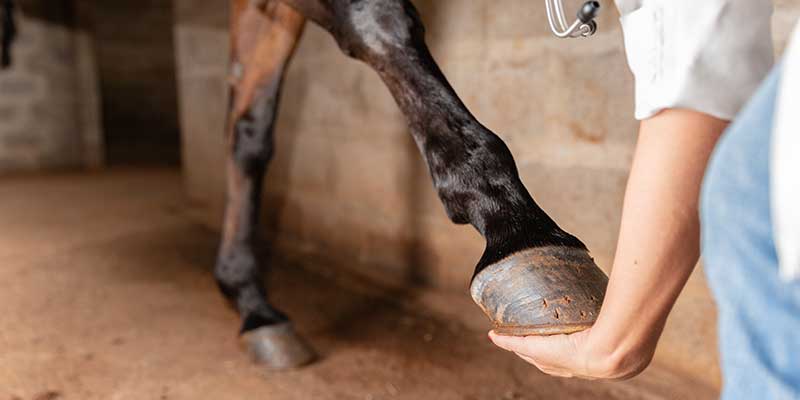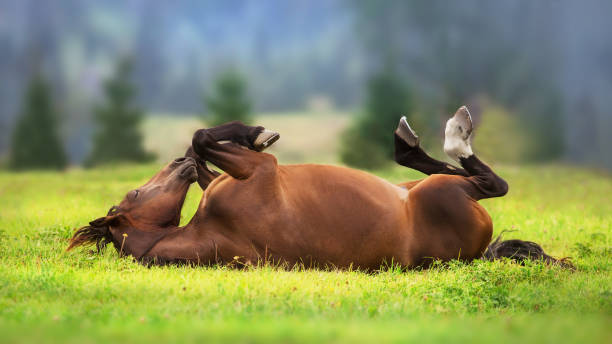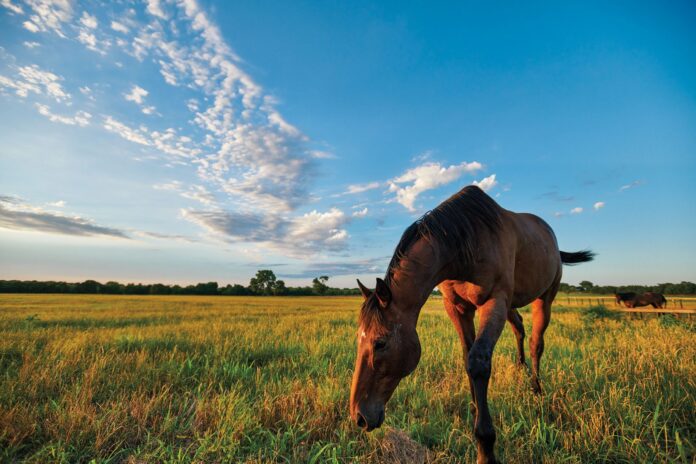Thrush is a common hoof infection that can affect horses of various breeds, but the impact and severity may differ depending on the specific breed. Different horse breeds may exhibit varying susceptibility to thrush, along with differences in how the infection manifests and responds to treatment.
Understanding these variations and considering breed-specific factors can help horse owners and caretakers effectively address and prevent thrush in their horses. By exploring how thrush affects different breeds of horses, we can gain insights into the unique considerations and challenges that may arise in managing this common equine ailment.
Introduction to Thrush in Horses

Thrush, a common bacterial infection of the hoof, can have a significant impact on the health and performance of horses of all breeds. From the sturdy draft horse to the sleek Thoroughbred, each breed may experience and react to thrush in unique ways. Understanding how thrush affects different breeds is essential for proper management and treatment.
Factors such as hoof conformation, environment, and overall health can all play a role in the development and severity of thrush. By exploring these variations and considerations, horse owners and caretakers can better address the specific needs of their equine companions when dealing with thrush.
How Thrush Affects Different Breeds of Horses

Thrush can affect different breeds of horses in varying ways, with certain breeds being more prone to developing fungal infections than others. For example, breeds with deep clefts in their hooves, such as draft horses and some pony breeds, may be more susceptible to thrush due to the trapped moisture and debris in these areas.
Additionally, horses with naturally softer hooves, like some Arabian and Thoroughbred breeds, may also be at a higher risk for developing thrush. It is important for horse owners to be aware of these breed-specific vulnerabilities and take preventative measures to protect their horse’s hooves from the effects of thrush.
Variations in Thrush Symptoms by Breed

When it comes to the impact of thrush on different breeds of horses, it is essential to consider the variations in symptoms that may be present. Certain breeds, such as draft horses, may exhibit more severe symptoms of thrush due to their heavier weight and larger hoof size. On the other hand, lighter breeds, like Arabian horses, may show less obvious signs of thrush but can still be affected.
Additionally, breeds with feathered feet, such as Friesians, may be more susceptible to thrush due to the moisture and debris that can get trapped in their longer hair. Therefore, it is important for horse owners and caretakers to be aware of the potential differences in symptoms based on the breed of horse they are dealing with.
Conclusion
In conclusion, it is important to recognize that thrush can affect horses of all breeds, but the severity and susceptibility may vary depending on the individual horse. Understanding these variations and considerations can help horse owners better prevent and manage thrush in their horses. Regular hoof care, proper hygiene, and early detection are key in addressing thrush issues.
Consult with a veterinarian for a proper diagnosis and treatment plan, which may include Horse Thrush Treatment options tailored to your horse’s specific needs. By staying informed and proactive, horse owners can help keep their equine companions healthy and thriving.




